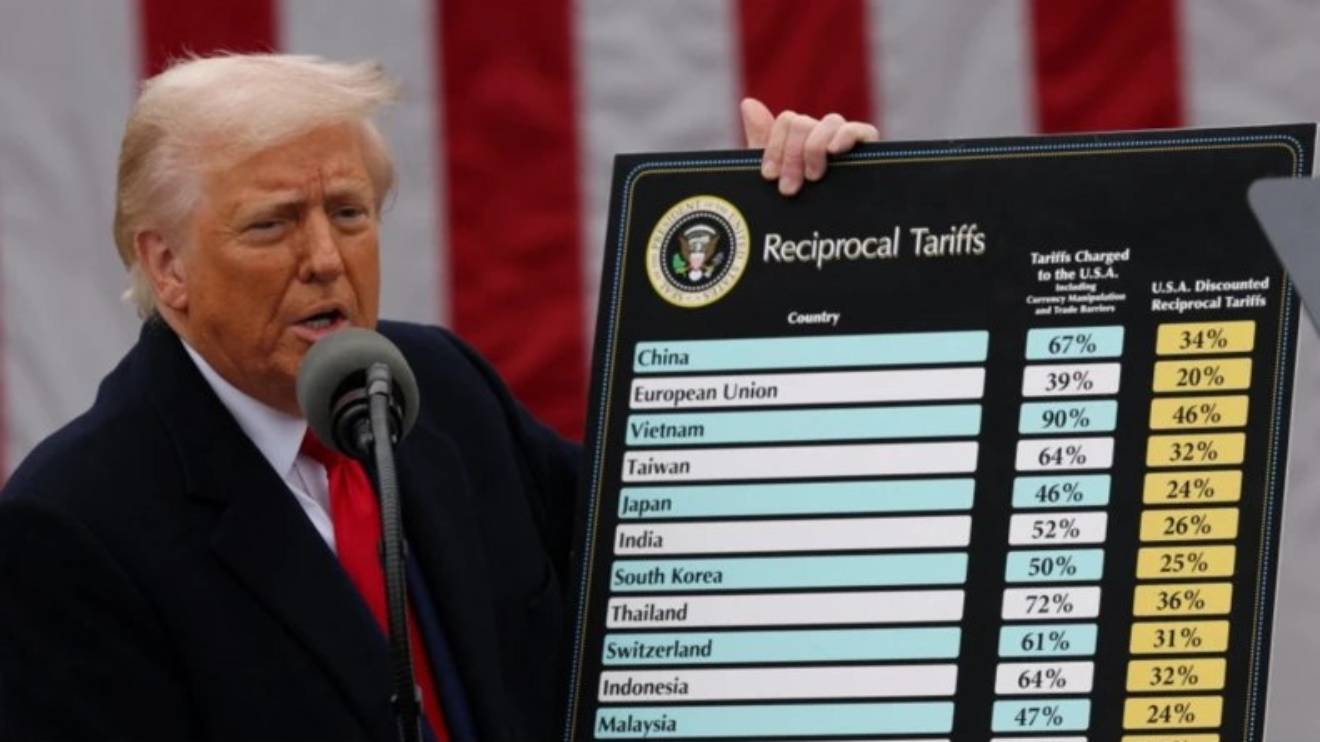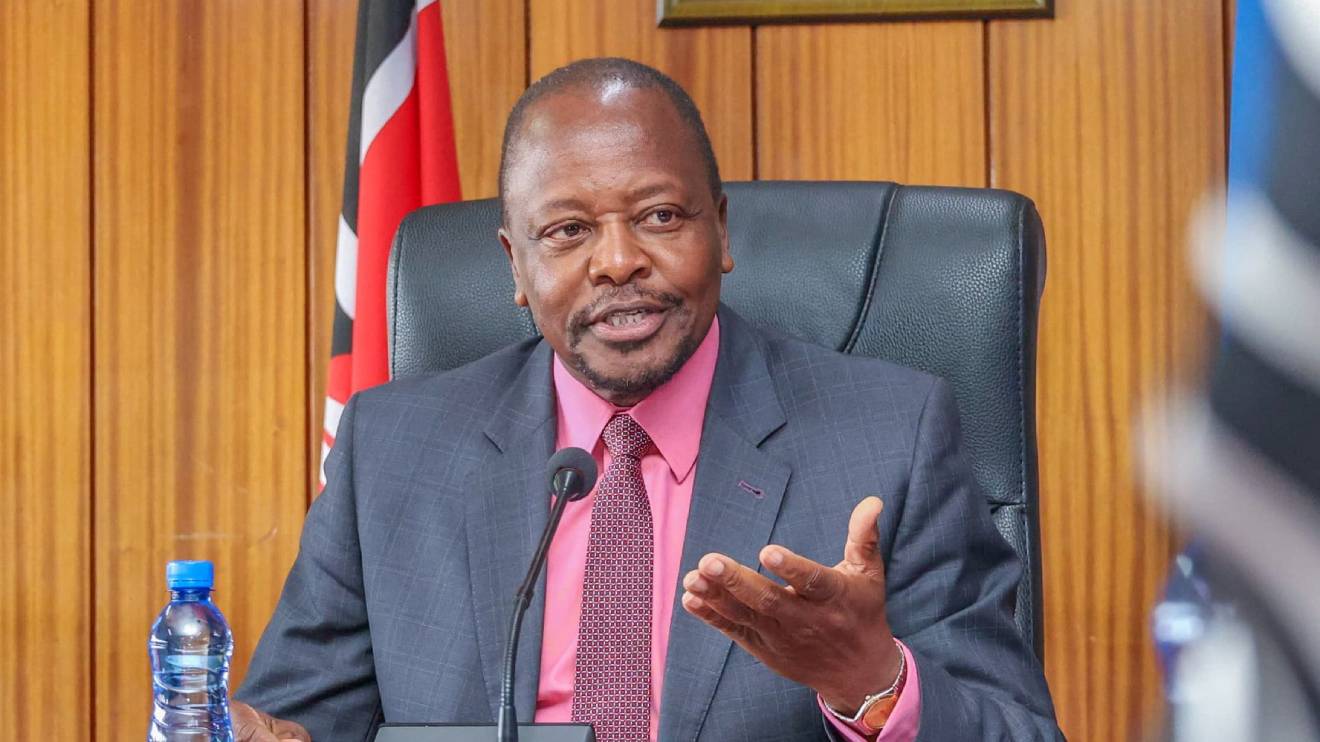The 2025 National Trade Estimate Report on Foreign Trade Barriers underscores the significant hurdles faced by foreign firms attempting to secure government contracts in Kenya.
Despite the country’s push for local procurement through initiatives like "Buy Kenya Build Kenya," foreign companies have struggled to gain a foothold due to a combination of corruption, lack of transparency, and technical difficulties within the procurement system.
Corruption remains one of the most prominent challenges, with the report noting that corruption often influences the outcome of public tenders, and many of these tenders are challenged in the courts.
This issue not only delays the procurement process but also undermines fairness, making it more difficult for foreign firms to secure contracts on merit.
"U.S. firms have had limited success bidding on Kenyan Government tenders. Corruption often influences the outcome of public tenders, and many of these tenders are challenged in the courts," the report says.
The lack of transparency in announcing tenders further exacerbates the problem, as tenders are often not announced in a timely and transparent manner, leaving foreign firms with limited opportunities to participate.
This lack of clear communication prevents foreign companies from being able to plan and engage in the procurement process effectively, reinforcing an environment where only those with insider knowledge can succeed.
"Tenders are often not announced in a timely and transparent manner," the report reads in part.
Moreover, the report highlights instances where foreign firms with little or no track record have successfully secured contracts, but often through partnerships with well-connected local individuals or firms.
This suggests that local connections can sometimes outweigh the merits of a firm’s experience or capacity, adding an additional layer of difficulty for foreign bidders.
"Foreign firms, some without proven track records, have won government contracts when partnered with well-connected Kenyan firms or individuals," the report adds.
Kenya’s mandatory use of the Integrated Financial Management Information System (IFMIS) for all tenders has also posed challenges.
Although the system is intended to streamline procurement, it has faced several issues, including inadequate connectivity and technical support in county government offices.
Central control shutdowns and security vulnerabilities have raised concerns over the system’s reliability and potential for manipulation or cyber-attacks.
Finally, the report points out Kenya’s lack of participation in the World Trade Organisation’s Agreement on Government Procurement (GPA), leaving foreign firms without the protections and frameworks that such agreements provide.
This lack of international alignment makes the procurement landscape even more unpredictable and challenging for foreign bidders.
These combined challenges—corruption, transparency issues, system inefficiencies, and Kenya’s non-participation in global procurement agreements—underscore the difficulties foreign firms face when attempting to engage with Kenya’s government procurement processes.
Despite policies aimed at boosting local businesses, the environment remains daunting for those from outside the country seeking to compete.

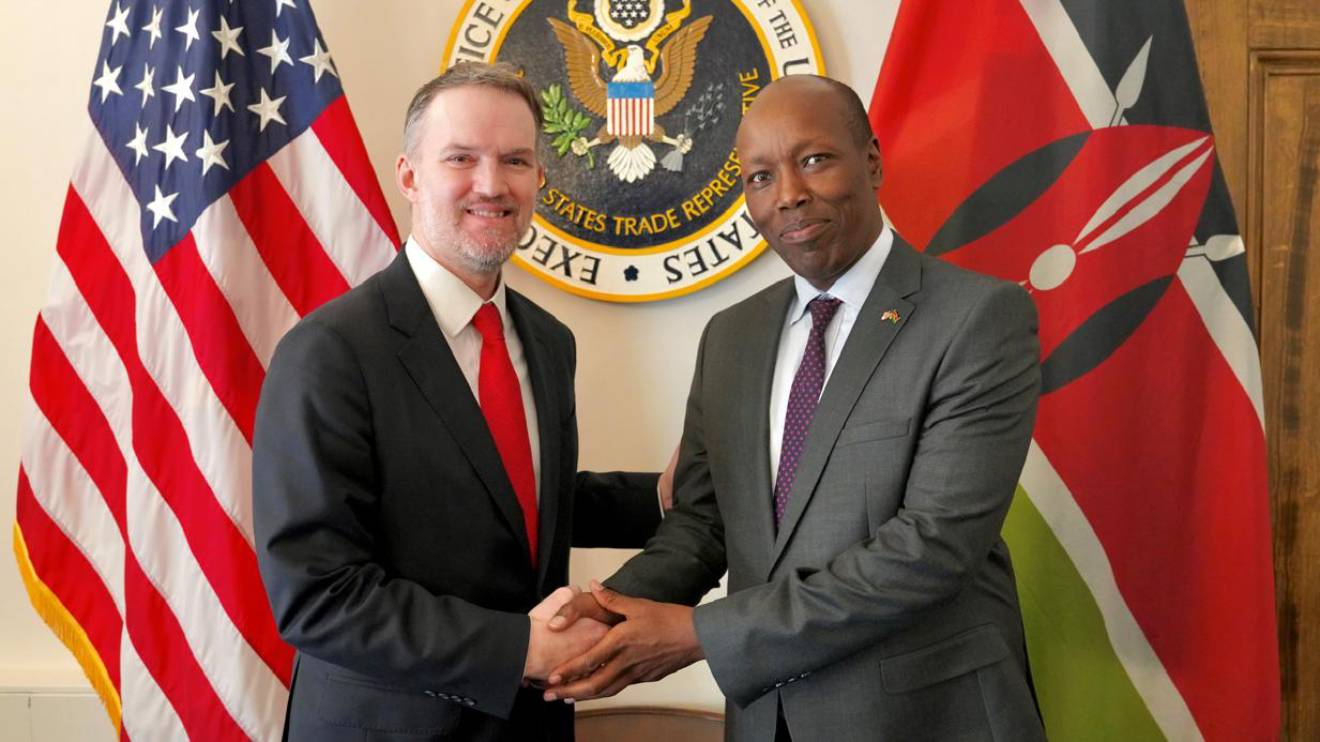
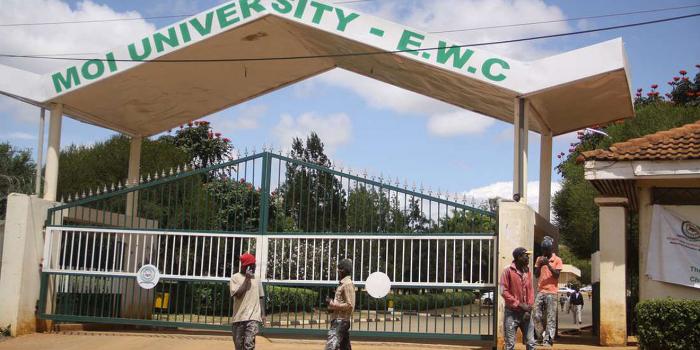




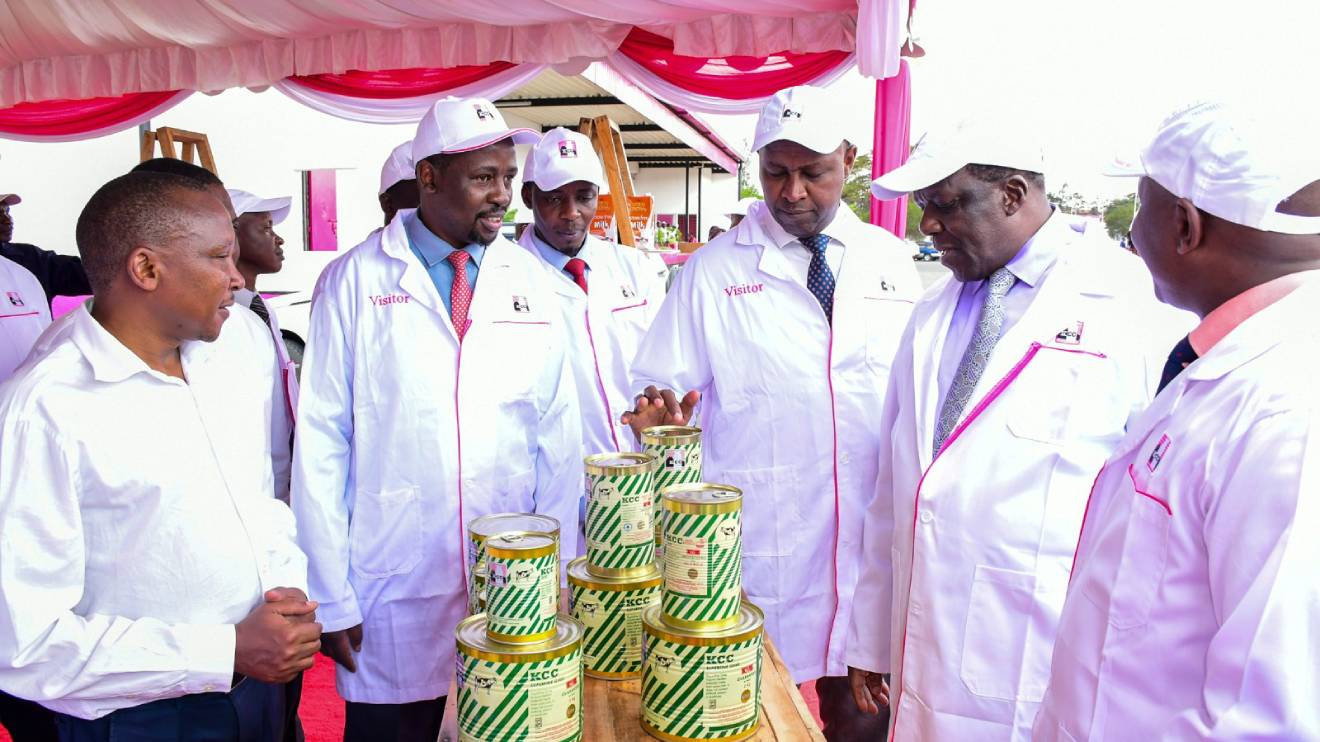
 shares a light moment with the company's Group CEO Dr Patrick Tumbo (right) at a past event-1743788447.jpeg)
